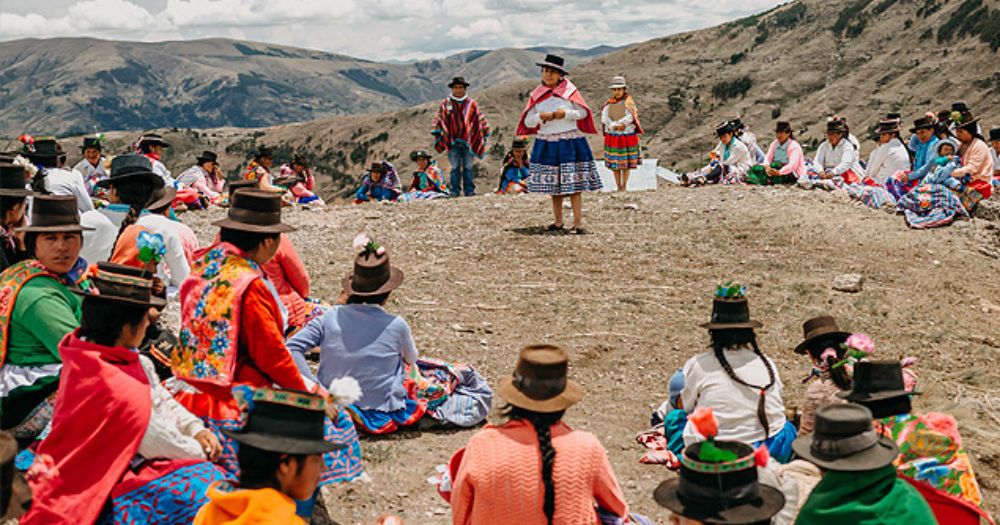Peruvian embroidery, particularly from the region of Ayacucho, boasts a rich and diverse history deeply intertwined with the cultural heritage of the Andean people. Ayacucho, located in the central highlands of Peru, has been a hub of textile production for centuries, with embroidery serving as a prominent form of artistic expression and cultural identity.
Origins of Peruvian Embroidery
The origins of Peruvian embroidery in Ayacucho can be traced back to pre-Columbian times when indigenous communities developed intricate weaving and embroidery techniques using natural fibers such as alpaca and cotton. These textiles played a significant role in religious rituals, social ceremonies, and everyday life, reflecting the spiritual beliefs and cultural symbolism of the Andean people.

Influence of Spanish Colonization
During the colonial period, Spanish influence introduced new materials, techniques, and design elements to Peruvian embroidery. European motifs were integrated with traditional Andean patterns, resulting in a fusion of styles that evolved over time. The convents and monasteries established in Ayacucho became centers for textile production, where nuns and indigenous artisans created exquisite embroidered garments and religious vestments.
Revival and Preservation Methods
In the 20th century, Peruvian embroidery experienced a revival as indigenous communities sought to preserve and promote their cultural heritage. Organizations such as the Center for Traditional Textiles of Cusco (CTTC) and the National Institute of Culture (INC) have played crucial roles in supporting indigenous artisans, revitalizing ancient techniques, and promoting fair trade practices.

Fair Trade and Community Support
Fair trade plays a crucial role in supporting the marginalized communities of artisans in Ayacucho and throughout Peru who practice embroidery and other traditional crafts. Many of these artisans come from indigenous backgrounds and live in rural areas with limited access to economic opportunities. Fair trade initiatives ensure that these artisans receive fair compensation for their labor, empowering them to improve their livelihoods, support their families, and preserve their cultural heritage.
Contemporary Significance
Today, Peruvian embroidery from Ayacucho continues to thrive as a vibrant art form appreciated worldwide for its beauty, craftsmanship, and cultural significance. Artisans draw inspiration from their ancestral traditions while adapting to contemporary tastes, ensuring that this cherished craft remains an enduring symbol of Peruvian identity and heritage. At Jenny Krauss, we're honored to play a part in this ongoing story, celebrating the beauty and craftsmanship of Peruvian embroidery while supporting the communities that uphold it.



Leave a comment